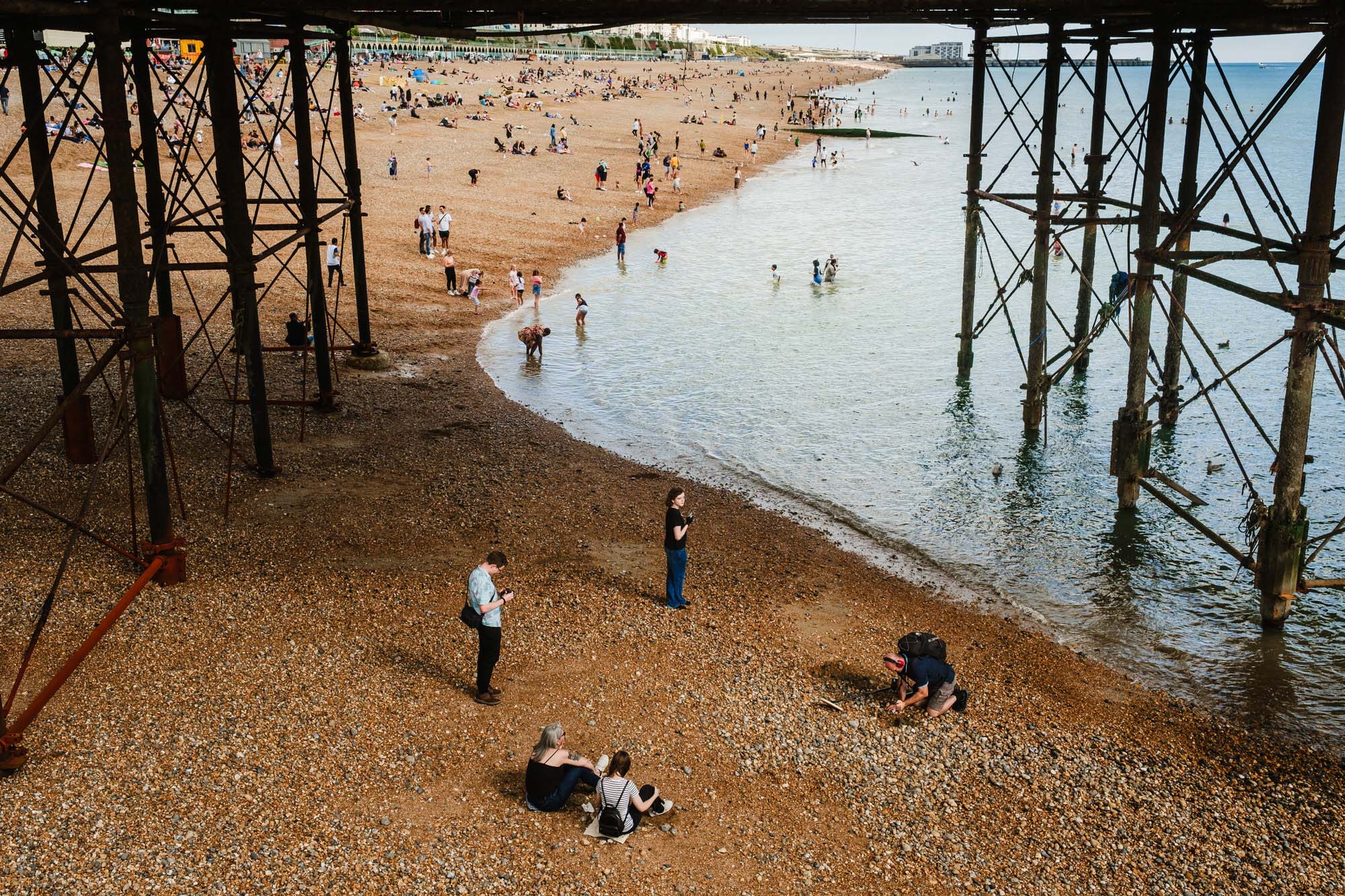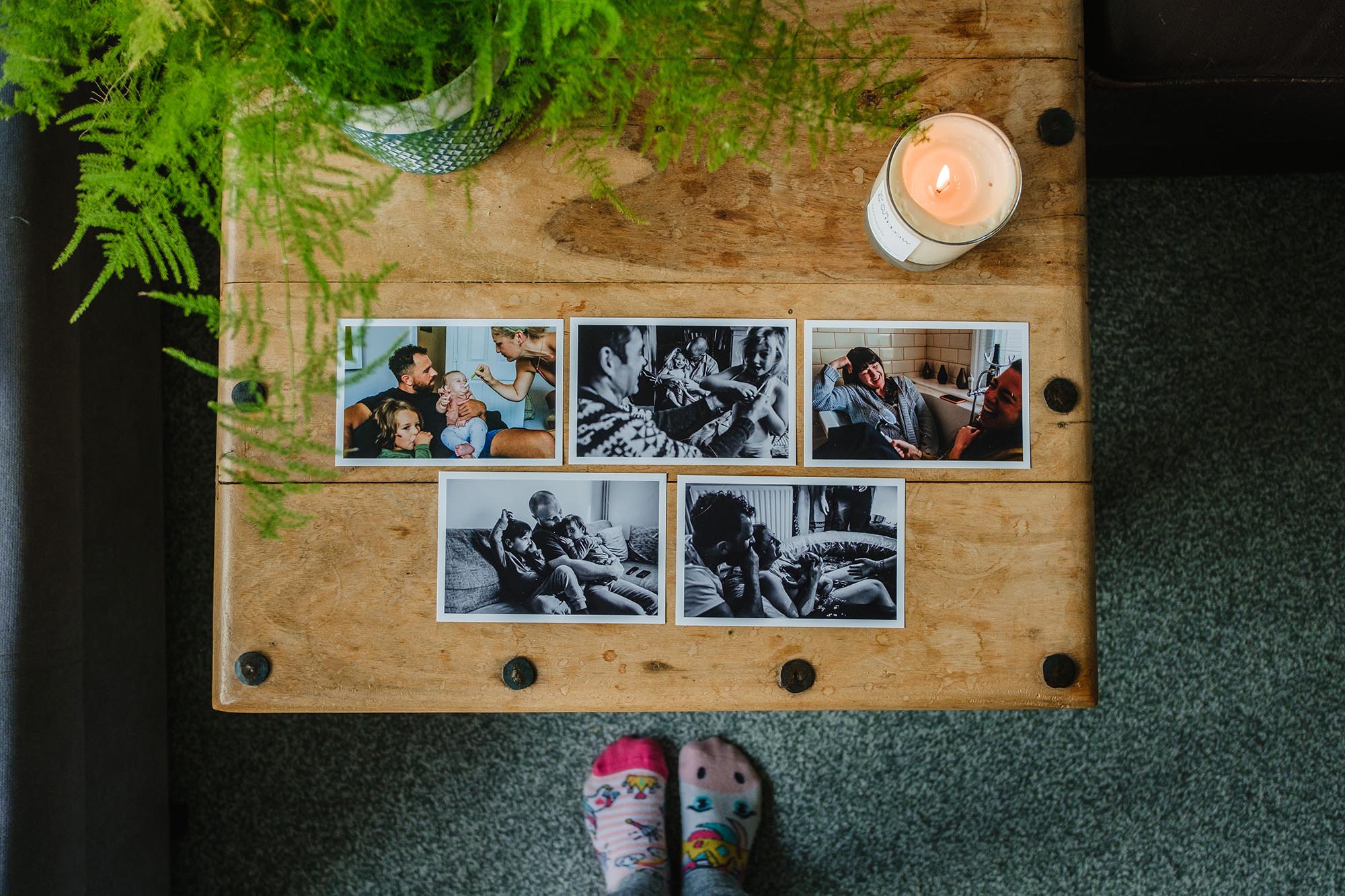I get asked a lot of questions around photography and equipment so decided to start a designated series on my blog, giving some photography tips. Let’s start with one of the most-asked questions:
What camera should I buy?
How many times have I had people ask me for camera recommendations? As a professional photographer I should be able to help, right? Well, actually… not really.
Although I am a professional photographer, I don’t know all the cameras on the market. Crazy, huh?! The only gear I know really is high-end professional equipment that is most likely too expensive and ‘technical overkill’ for most hobby photographers or someone who’s just getting into photography.
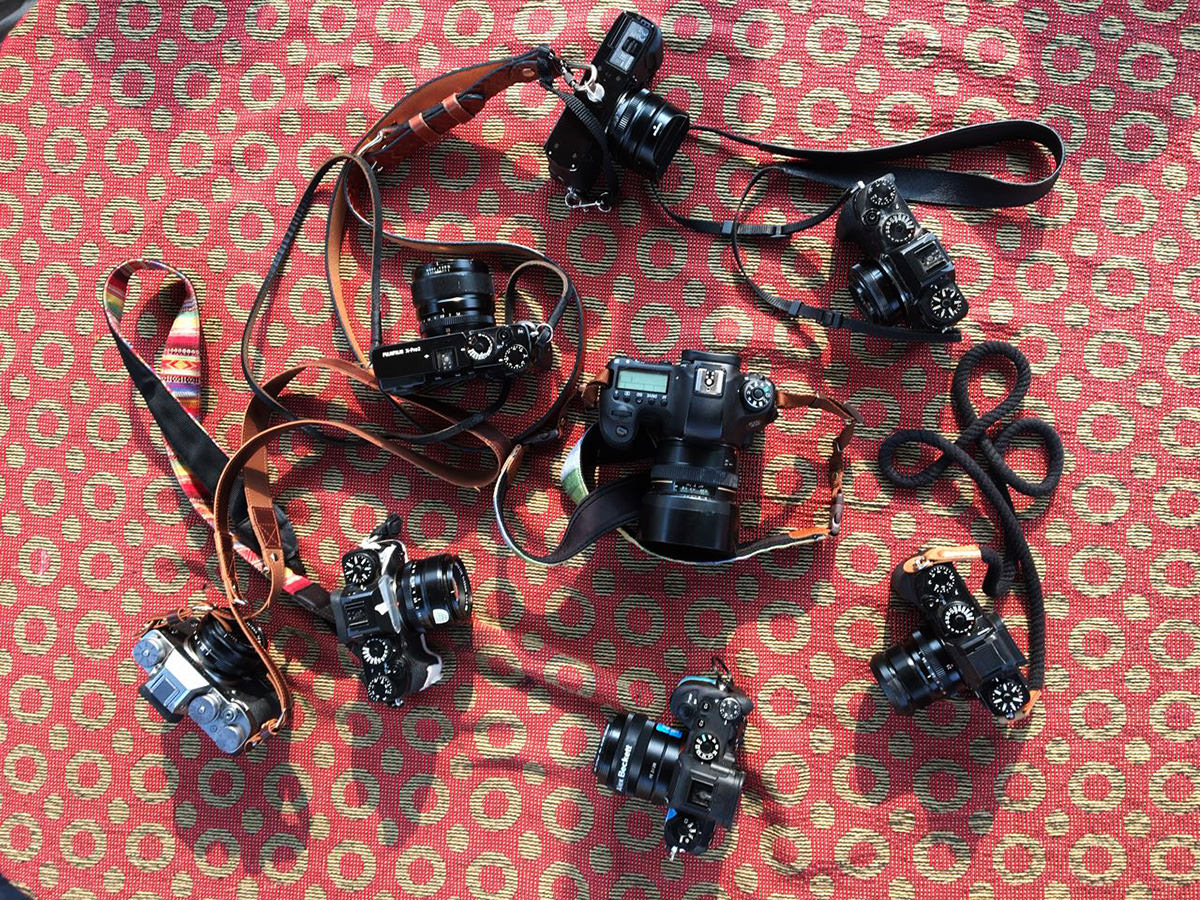
After attempting to help quite a few people find the “right camera” to take better photos – and probably not always succeeding – let me tell you what I’ve learnt on my own photography journey.
I’ve got 5 tips to find the right camera for you and your needs.
1. Go small when it comes to choosing your camera
Unless you want to buy a DSLR for a very specific reason – like…
- your uncle has some great lenses that he promised to give you
- you just love what they look and sound like
- you “need” a full frame sensor (you probably don’t but that’s another story)
… I’d say choose a smaller camera. The mirrorless market has grown immensely over the past few years and there are loads of great little cameras that will still give you the flexibility of interchangeable lenses and most importantly, great images.
For example, the Sony Alpha series, Olympus OM-D, Fuji X-series, Canon EOS mirrorless series… It really depends on your budget – but when it comes to image quality, they are all brilliant (as far as I’ve been told).
2. Spend some money on your equipment
I know everybody always wants a bargain and I get it but cameras and lenses differ in price depending on their quality and what they let you do. You can spend anything from a couple hundred pounds to the equivalent amount of a car.
One thing to seriously keep in mind is the cost of camera lenses. If you decide to go for a camera with interchangeable lenses you may end up wanting to buy more than one lens. Good lenses are expensive though – they can cost £1000 or more but those are most likely worth it. They will be excellent built quality, weather-sealed and tack sharp. Lenses that you can get for £50 will give you a different photographic outcome and you need to be aware of it. So spend your money wisely. In the end, the lens is more important than the camera itself.
3. Test the camera
Camera shops have a variety of brands and models in store so you can hold the cameras in your hand and see if you like the usability and how it feels and sounds. Don’t underestimate the real, hands-on experience before you buy. You might prefer a different camera than your friend because your hands are smaller or bigger or because one camera’s menu set up doesn’t appeal to you. Actually, the brand really shouldn’t matter at all in your search.
Something you might want to pay attention to is whether your preferred camera has a viewfinder – although this might be a personal thing. Even though I use live view a lot myself, to me a camera without a viewfinder does not feel like a real camera. I might as well just use my phone. Taking the camera up to my eye and looking through the viewfinder makes me feel more in control over what I shoot. When you try out a camera, see if this matters to you and include that in your decision-making process.
4. Don’t buy kits with multiple lenses
I know, a camera that comes with 2 zoom lenses already sounds like a great deal. But before you even played with your camera, how would you know what you actually enjoy shooting the most or what focal length you feel most comfortable with? You can, and probably will, buy some more equipment over time but in the early stages of getting familiar with your camera, I don’t think you require more than one lens.
Also, the lenses in those kits are usually not the greatest anyway. They’re models on the cheaper end and slow (which means they have smaller opening apertures).
5. Learn the basics
If you really want to take great photos, the camera alone won’t be the solution. Learn the basics of photography. It’s important to understand how shutter speed, aperture and ISO work together, how light affects your image, how framing and composition can make or break a photo and so on.
If you plan to get a superzoom lens (one that covers a long focal length like 28-300mm) – so you don’t have to change lenses cause that’s inconvenient (which by the way completely defeats one of the main advantages these systems give you) – and shoot in full auto, you might want to save your money and just stick to your phone. This is not meant in a patronising way but letting the camera do all the work itself, won’t get you the images you want.
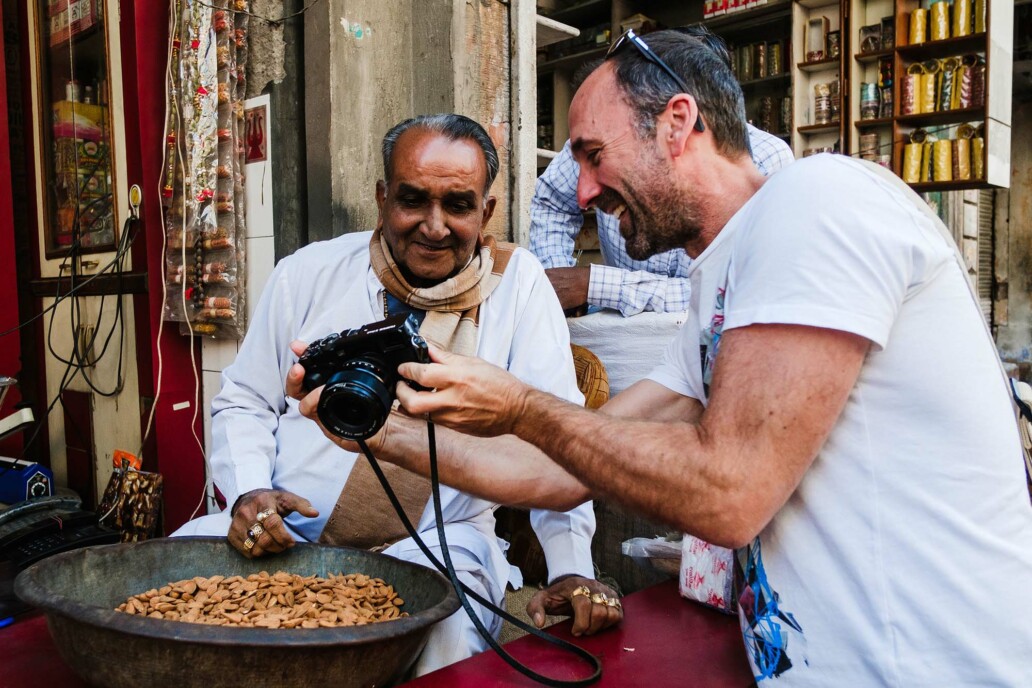
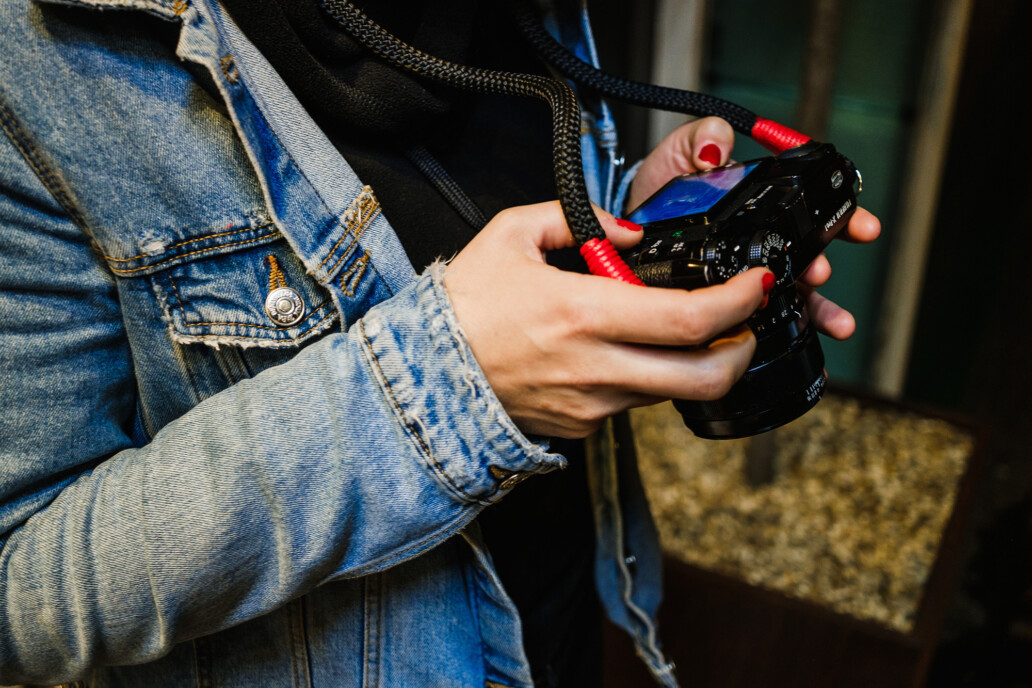
My camera story
I am aware that these 5 tips above didn’t tell you which camera to buy but honestly, I can’t tell you anyway. I don’t know what you want to shoot, what your budget is or what you feel comfortable with.
Friends of mine have been raving over different models – from Sony Alphas over the new Canon to Nikon mirrorless. I personally am a Fuji fangirl. I own a Fuji X100 (the original from 2011), a Fuji XT-30 and X-Pro2 as my main cameras and X-Pro1 as a backup.
I also have a few prime lenses (the ones with a fixed focal length) because I don’t like zooms and love the size of primes as well as their brilliant image quality. But I wouldn’t necessarily recommend my camera line-up to someone who’s not been shooting for years or doesn’t do it as a business. My cameras are expensive, as are my lenses.
And my x100 is slow and has a fixed lens (as in, it’s not interchangeable) and doesn’t even zoom. Imagine that! It’s not a beginner’s camera, it’s one for purists.
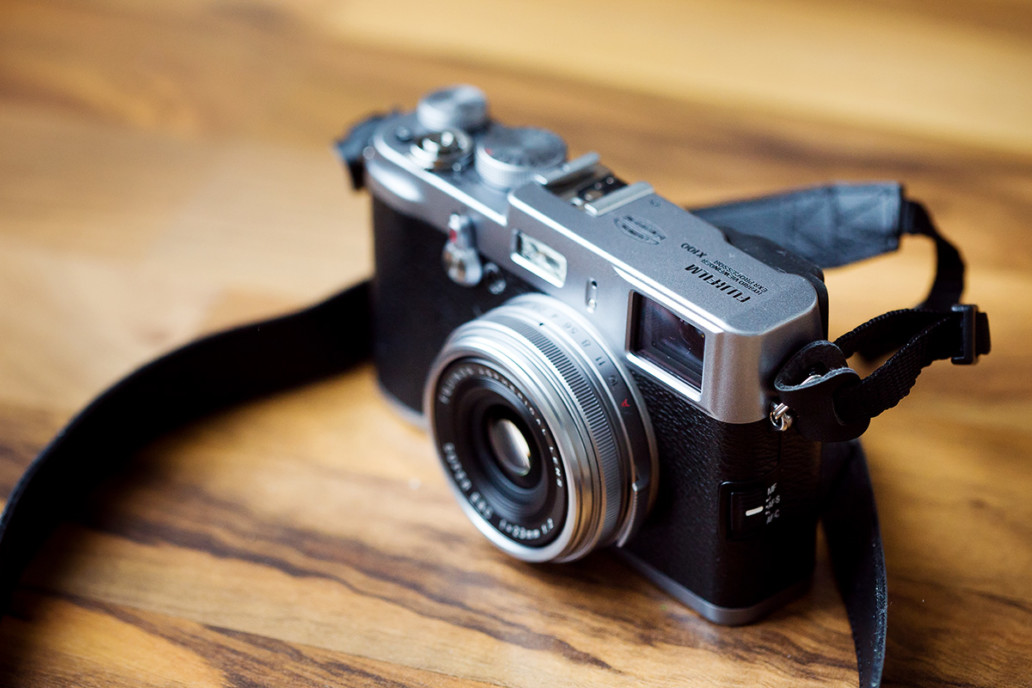
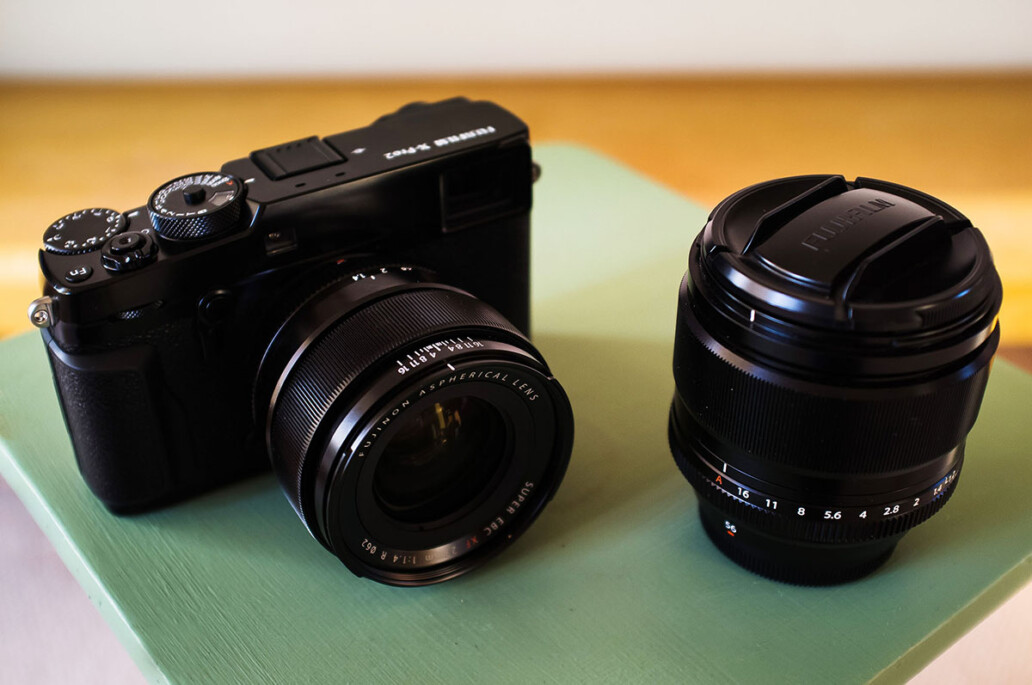
Before I switched to Fuji in 2016, I was a loyal Canon customer. I owned a number of different DSLR cameras from a 350D to 30D to 7D to 6D to 5DIII and a whole lot of different lenses. All according to my interests and skill levels over time. I loved my Canon DSLRs, they felt professional and solid. But I have small hands and don’t like carrying 15kg of kit around on every job. So I switched to a mirrorless camera and never looked back. Which is why I would now always recommend a smaller camera – chances are you’ll use it more often if it doesn’t weigh a ton. Believe me, I’ve been there.
Conclusion – what’s the best camera for you?
Short answer: whichever camera you have with you and that inspires you to take photos would be the best one.
The thing is, I have the equipment that’s right for me, it gets me the results that I want. However, I don’t buy cameras on a regular basis – I barely know what’s out there beyond “my own brand”, let alone all the other brands and models. So, if you are looking for specific recommendations, do some research, ask google or ask people who have the same sort of experience and interest in photography as you do. Or go crazy and visit a camera shop and ask the people there. They even get paid to tell you what’s the best camera for your use
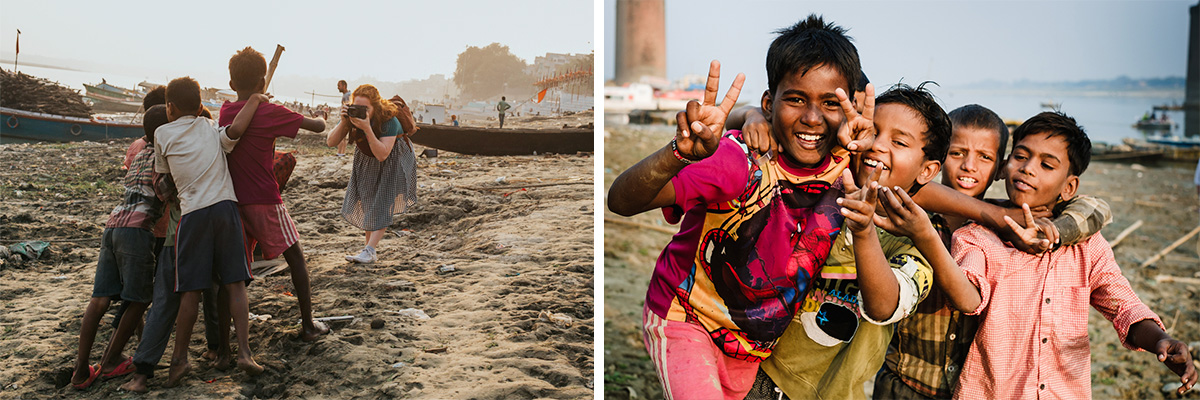
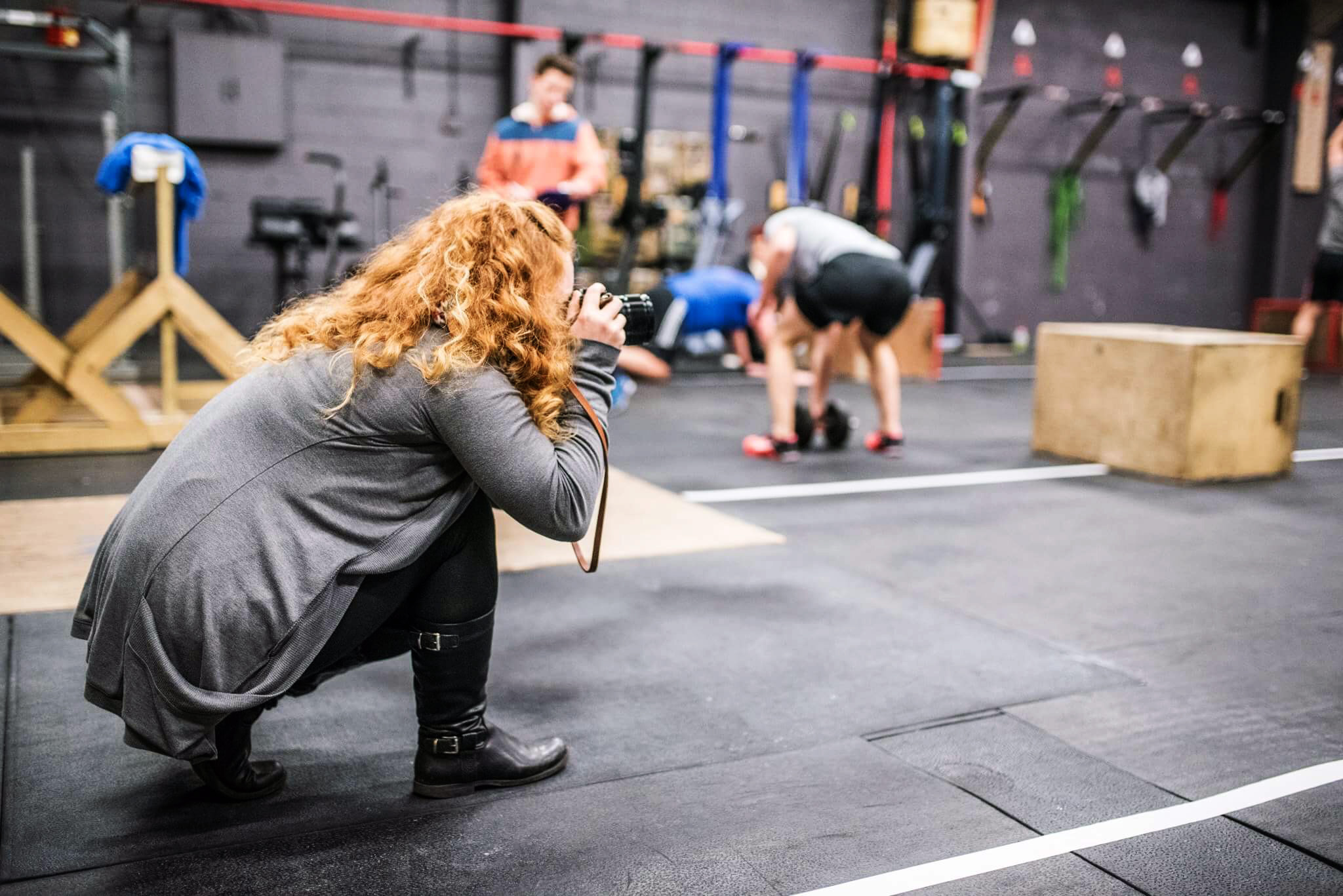
Even though I didn’t tell you to buy camera XYZ (although when in doubt, go Fuji) but I hope you could still take away a few ideas to help your search. The camera market has so much to offer, I assume no camera will be a bad choice anyway.
Photocredit: In this post I used images taken by my friends Carla, Matt and Nero aka RXd Photography.



